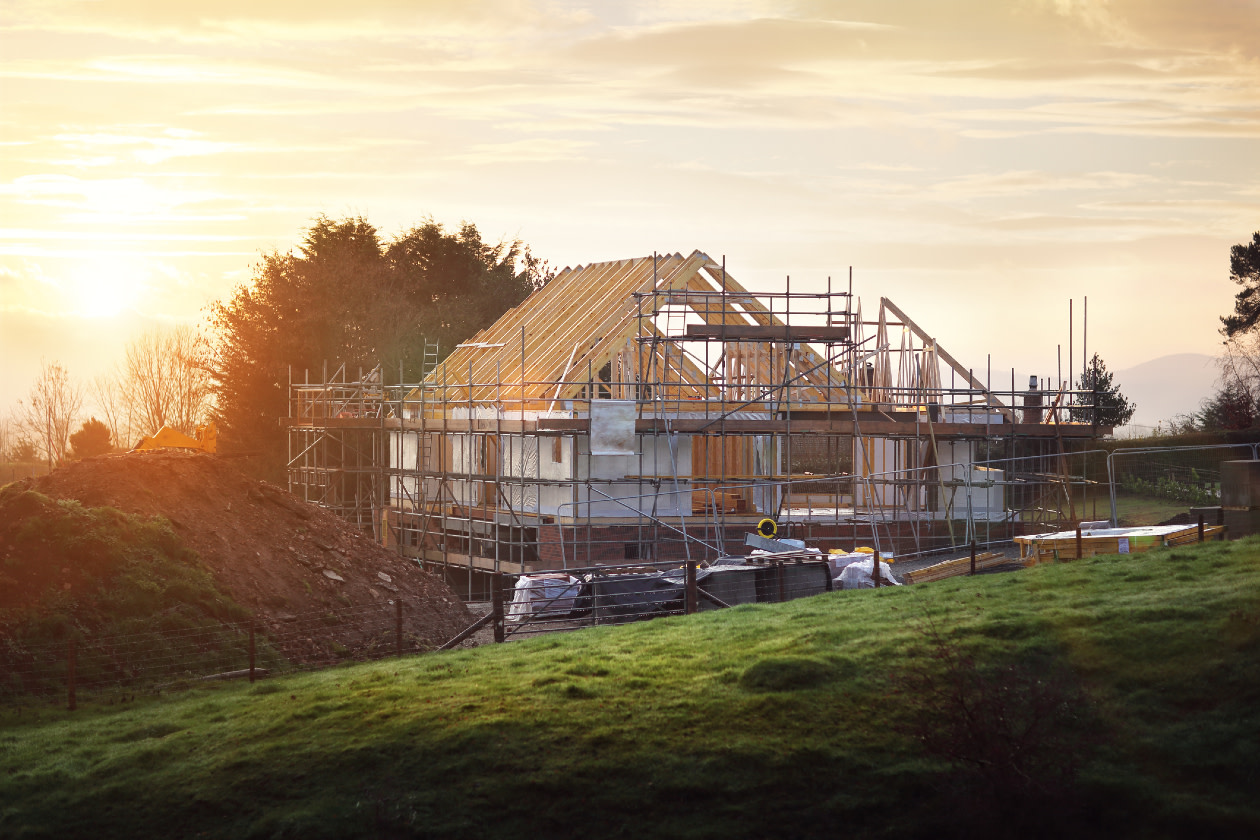Ibstock’s first-half revenue rose 8.6% to £193mn. This was driven by “strong” volume growth, which was partly offset by lower average selling prices due to an unfavourable shift in sales mix.
Underlying cash profit (EBITDA) declined by 5.8% to 36mn. Bringing production capacity back online led to higher fixed costs, which the group found difficult to pass on to customers due to tough competition.
Underlying free cash outflows improved from £15mn to £10mn. Net debt rose 4.8% to £145mn.
Full-year guidance remains unchanged, with further volume growth expected in the second half. Underlying cash profits are expected to land between £77-82mn.
An interim dividend of 1.5p per share has been announced, in line with the prior year.
The shares rose 5.7% in early trading.
Our view
Ibstock continued to see volume growth improve over the first half, but an unfavourable shift in sales mix took some of the shine off revenue growth. With further volume growth expected over the second half, new capacity is being brought back online, causing a surge in costs, which is weighing on profitability.
It’s been a tough couple of years for the brickmaker. Elevated mortgage rates have been weighing on housing affordability, causing housebuilders to be conservative about starting new projects. There are signs that we’ve turned a corner now though, with confidence and activity in the housebuilding market picking back up.
If expectations of further interest rate cuts through 2025 are met, mortgage affordability should improve slightly and feed through to increased demand for Ibstock’s products.
In order to be ready for this potential uplift, Ibstock’s starting to bring more capacity online. Ibstock now has the largest brick-making capacity in the UK. And upgrades to other sites should help lower average production costs while also giving room to increase output when needed. That means the group's arguably better placed to benefit from higher demand if it really ramps up again.
But it’s difficult to map how long it will be before housing returns to full flow. The sooner the better for Ibstock, given its high fixed costs, as the kilns used to make the bricks require a lot of energy to heat up. Until production runs near full capacity, operations won’t be as efficient as the group would like, meaning profitability is likely to remain under pressure.
With Ibstock’s operations focused on this side of the Atlantic, the group’s fairly insulated from the direct impact of US tariff policy. But if it leads to a global economic slowdown, demand for Ibstock’s products would likely take a hit.
To help keep hold of cash, dividend payments have been trimmed. That’s a prudent move in our view and should provide more of a cushion to combat any further bumps in the road. With major expansion projects now close to completion, there should be lower demand for the group’s cash resources moving forward.
Ibstock’s near-term profitability has come under pressure due to poor execution of the production ramp-up. That’s not properly reflected in the price-to-earnings valuation sitting above the long-run average, which is largely due to a sharp drop in profits rather than a sign of market confidence. Still, end-markets are looking healthier than they have been for some time, and investors could still be rewarded for their patience. But there’s no guarantee, so investors should be prepared to stomach some volatility along the way.
Environmental, social and governance (ESG) risk
The construction industry’s ESG risk edges towards the higher end of the spectrum, especially for the Materials sector. Carbon management of company operations and the impact of its products and services is the most acute risk. Other pressing issues are resource use, community relations, labour relations, and bribery and corruption.
According to Sustainalytics, Ibstock’s management of ESG risk is strong.
There is a strong greenhouse gas emission reduction programme in place, and carbon intensity has already declined moderately in recent years. ESG-related issues are integrated into the core business strategy, with management remuneration explicitly linked to sustainability performance targets. Despite this, overall ESG-related disclosures lag behind best practice.
Ibstock key facts
All ratios are sourced from LSEG Datastream, based on previous day’s closing values. Please remember yields are variable and not a reliable indicator of future income. Keep in mind key figures shouldn’t be looked at on their own – it’s important to understand the big picture.
This article is not advice or a recommendation to buy, sell or hold any investment.No view is given on the present or future value or price of any investment, and investors should form their own view on any proposed investment.This article has not been prepared in accordance with legal requirements designed to promote the independence of investment research and is considered a marketing communication.Non - independent research is not subject to FCA rules prohibiting dealing ahead of research, however HL has put controls in place(including dealing restrictions, physical and information barriers) to manage potential conflicts of interest presented by such dealing.Please see our full non - independent research disclosure for more information.


